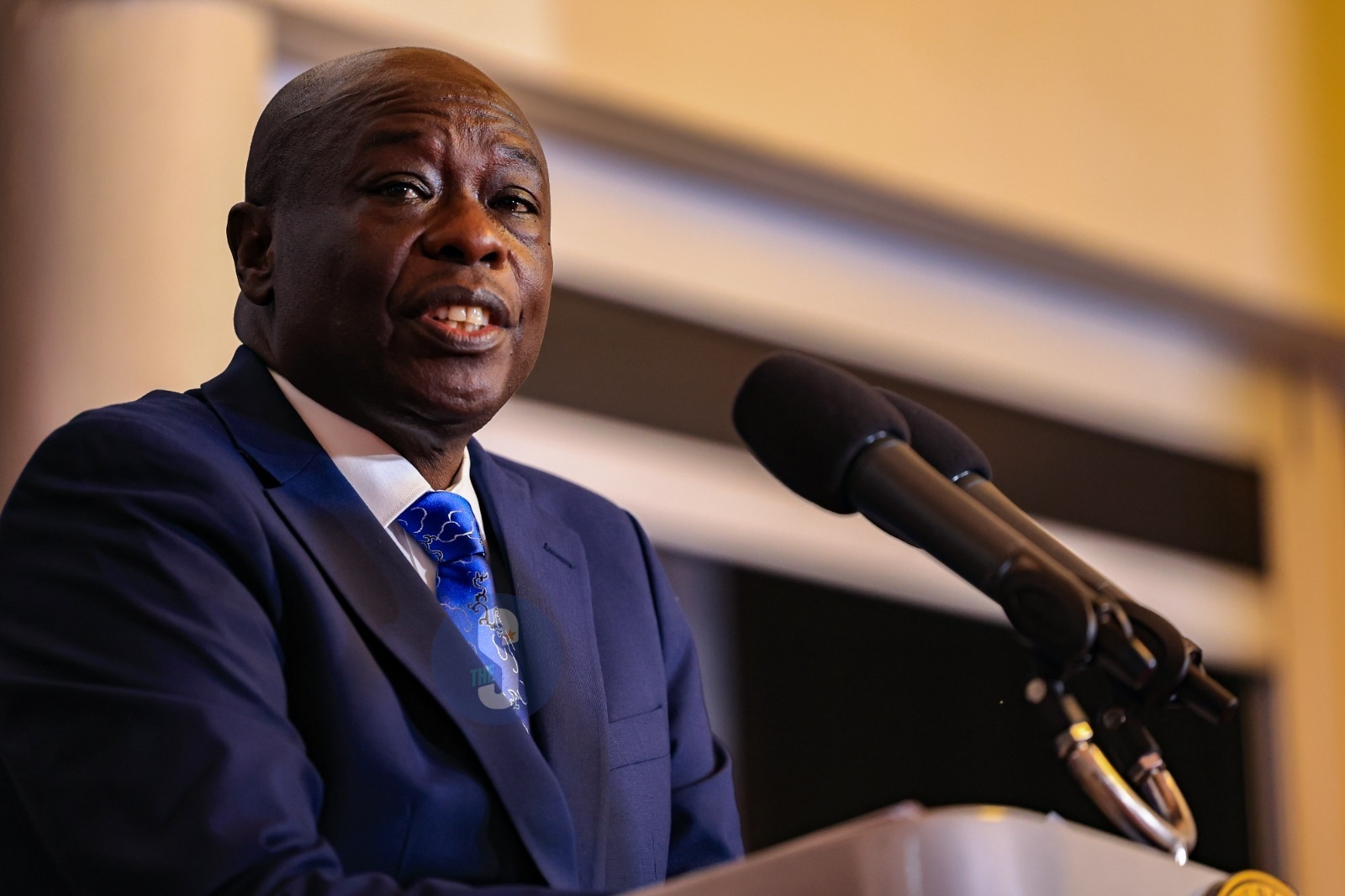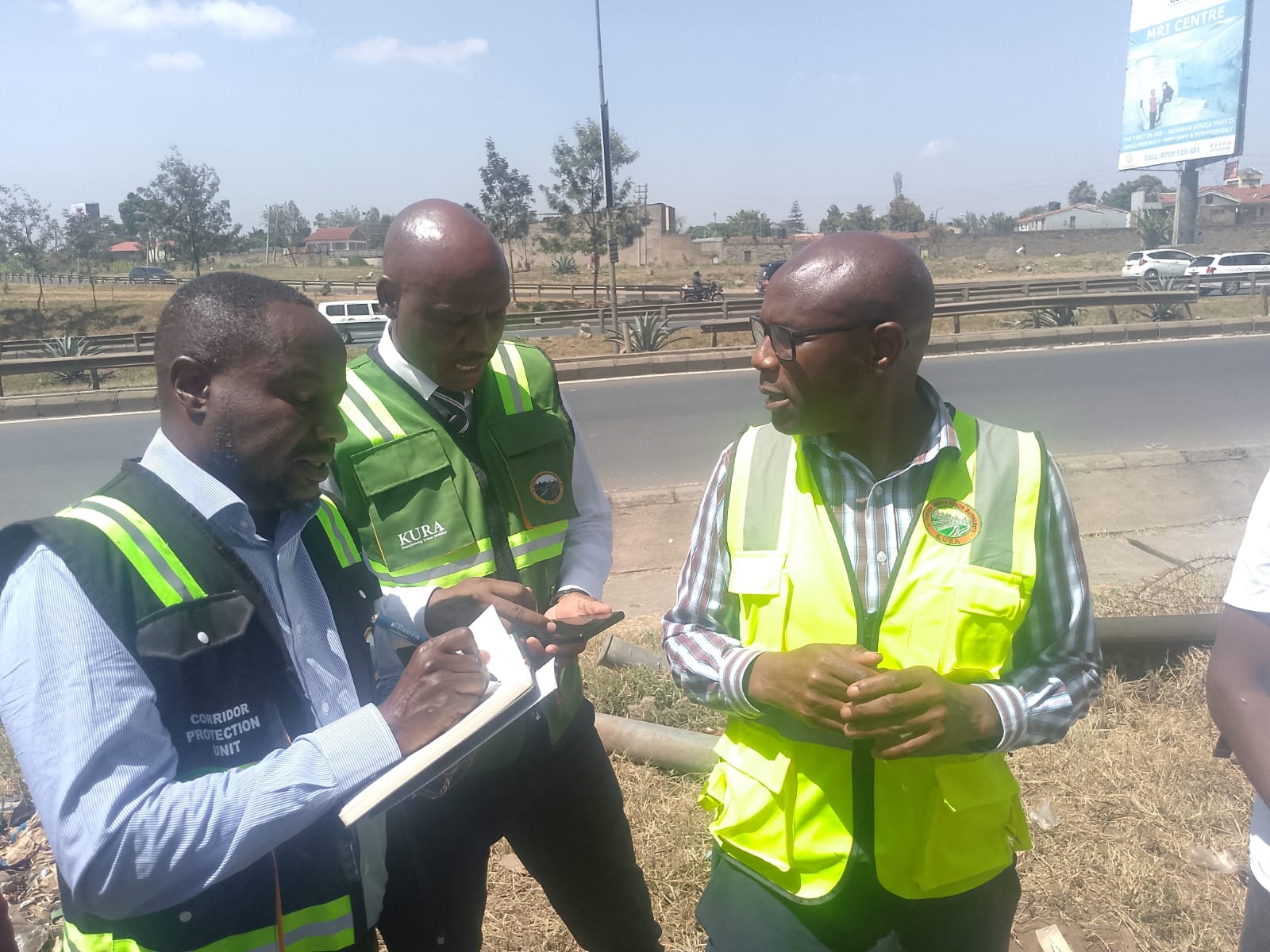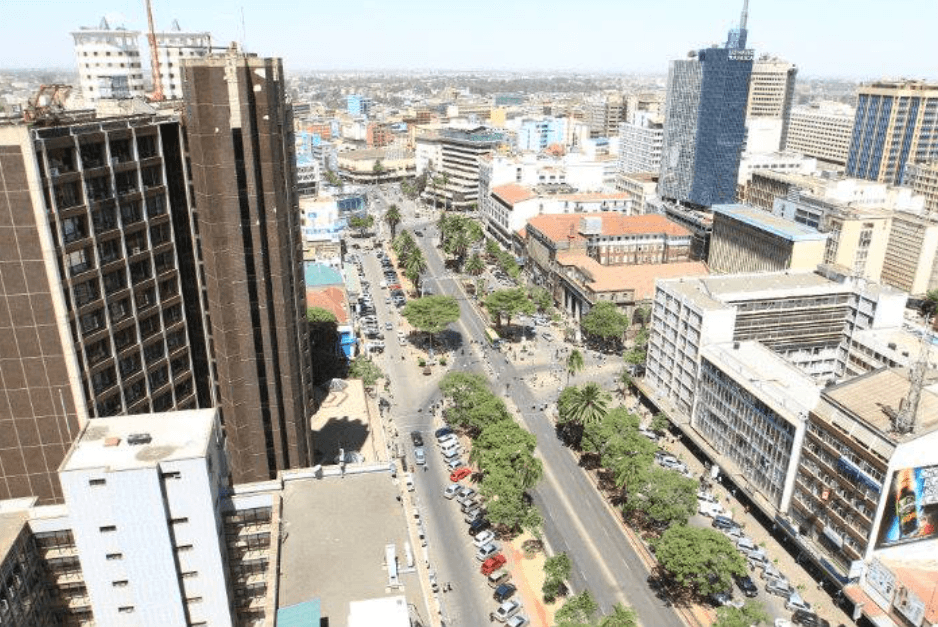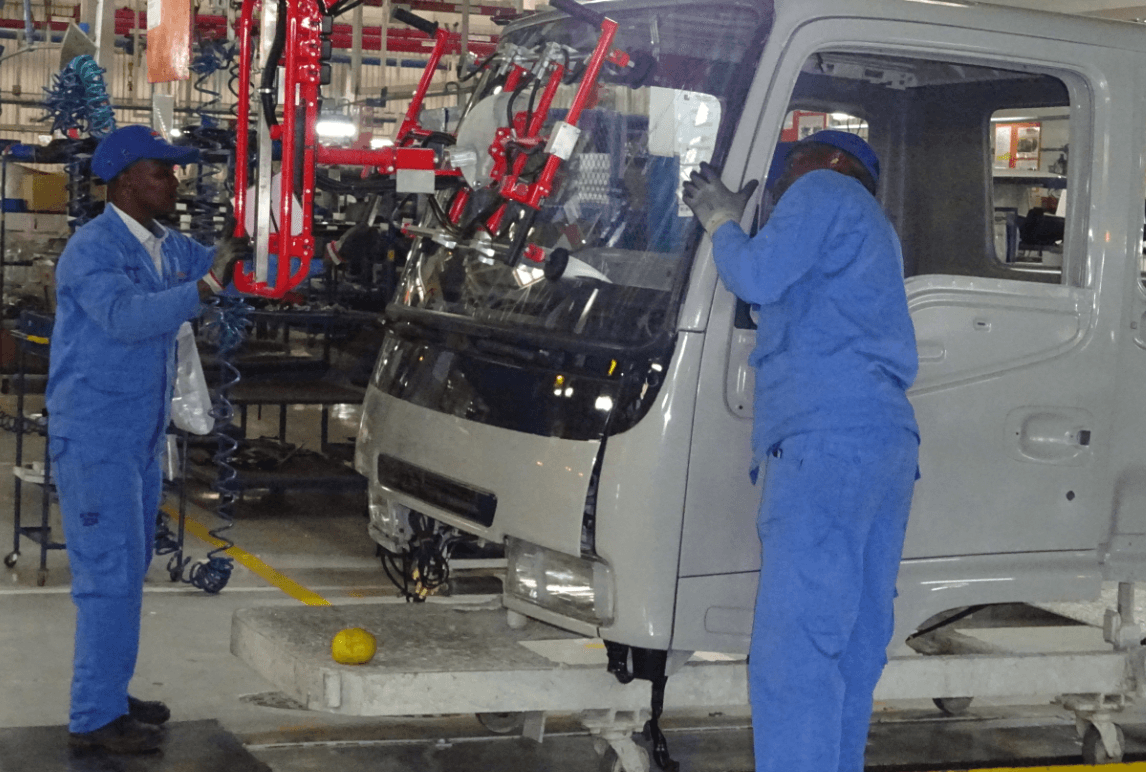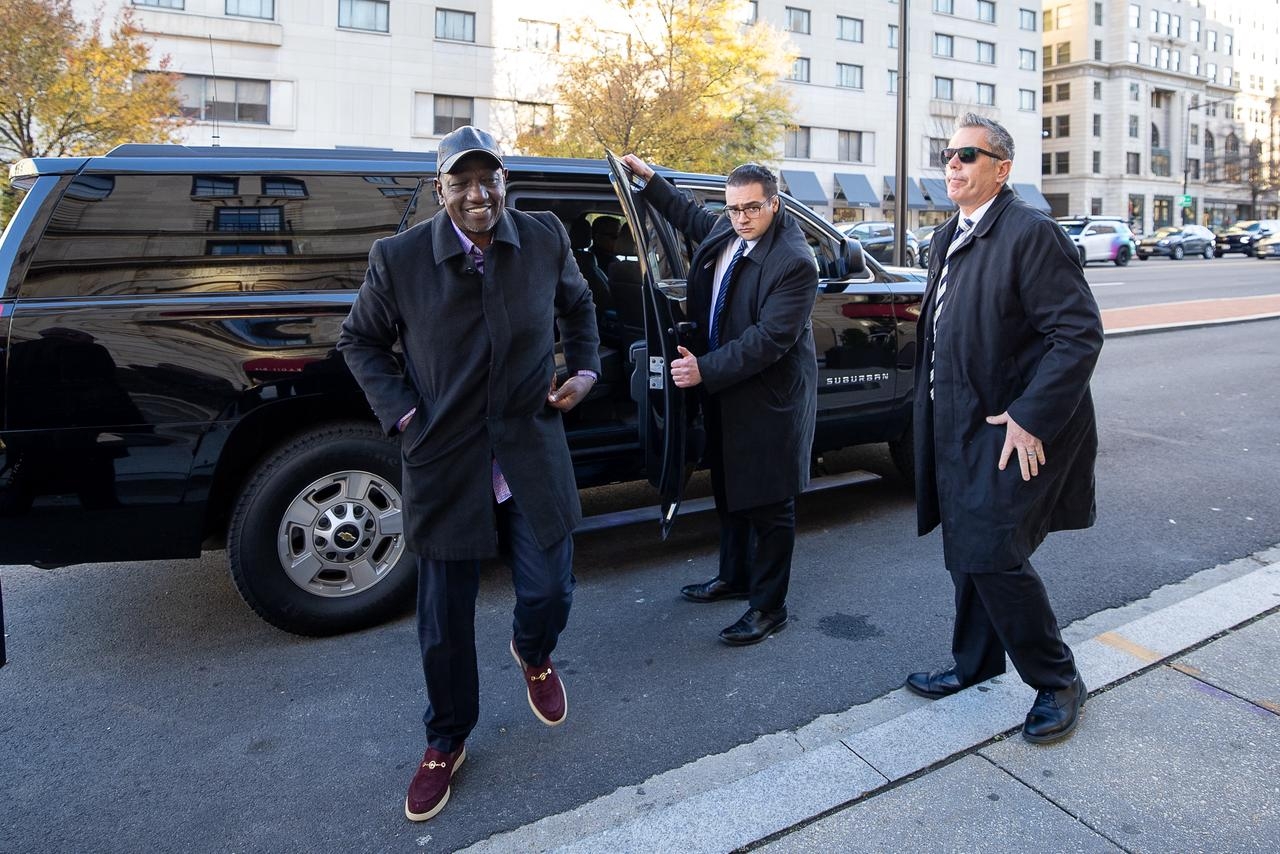The world has been fighting against Covid-19 since last year. Through this battle, we have learnt that one of the most effective ways to combat this deadly virus is through widespread vaccine coverage globally.
“The Cocax Advanced Market Commitment Summit” on June 2 was a key turning point in the global fight against Covid-19, particularly with regard to the vaccine needs of developing countries.
The virtual summit was co-hosted by Japanese Prime Minister Suga Yoshihide, and José Manuel Barroso, the chair of the Board of the Global Alliance for Vaccines and Immunization. About 40 world leaders attended.
With the leadership of Japan and GAVI, the global community successfully pledged to raise more than the targeted total of $8.3 billion (about Sh900 billion) towards the Covax facility. As many readers may already know this is the only global initiative working with governments and manufacturers to ensure availability of vaccines and guarantee the fair and equal deployment of doses all over the world.
These funds will be utilised to secure substantial quantities of additional vaccines to cover about 30 per cent of the global population, most of them the developing countries, which are facing a desperate shortage.
Since the beginning of the global vaccine rollout, Japan has contributed to secure global vaccine equity through Covax. During the summit, Japan announced its further contribution of $800 million (about Sh86 billion), bringing the total amount of its commitment to the facility to $1 billion (Sh107 billion).
There is every reason to hope that the public health, economic and societal strains caused by the global shortage of the vaccine will be mitigated by the additional measures taken at the summit. Above all, Kenya will also benefit from the facility, as it already received distributed vaccines earlier this year.
During the third wave of the pandemic, Kenya received 1 million doses through the facility and as a result started the national vaccine rollout in the beginning of March.
In accordance with policy requirements, most of the initial doses were focused on frontline workers, who were heroically going beyond the call of duty to attend to those afflicted by this virus. In addition, other vulnerable groups such as the elderly and those with pre-existing conditions were included.
As of June 17, around 992,000 doses were administered in the first round of vaccines and approximately a further 172,000 doses have been administered in the second phase.
The procurement of vaccines itself, however, is not enough to ensure the successful vaccine rollout. In developing countries, especially where there are various challenges such as lack of or limitations in cold chain systems and shortages of the essential human resources, vaccines will be of little or not effect.
Noting the importance of the administrative and supply chain capacity, Japan extended an emergency grant aid of over Sh200 million through Unicef in April. The grant will be utilised for the procurement of cold chain equipment such as cold-storage facilities and transportation and for reinforcement of the country’s institutional capacity to use the facilities and administer vaccines widely and safely.
Japan also continues to support the strengthening of Kenya’s Covid-19 testing capacity, especially through the Kenya Medical Research Institute, which Japan has developed cordial relations with for nearly 40 years.
On June 3, Japan donated PCR test kits with the capacity of 75,000 tests to Kemri. This donation, which was made through the Japan International Cooperation Agency, is the second. We are sure these PCR test kits will continue to assist in accurately detecting the levels of infection in the country, especially at this crucial time when the mutant strain is spreading fast.
Furthermore, Japan will continue to work with Kenya to overcome economic challenges arising from Covid-19. The comprehensive renovation of the recently relaunched Agriculture Laboratory Building at Jkuat, which was supported by JICA, is such an example of Japan’s seamless cooperation for growth of the agriculture sector, the economic backbone of the nation. I hope the students who study at the building will become leaders within the sector and contribute towards promoting Kenya’s agri-business.
The world has finally started to see a light at the end of a long, dark Covid tunnel. This is a time for countries to come together to help ease the health challenges, inequitable access and distribution of vaccines as well as the difficult economic ramifications of the pandemic.
I strongly believe in the spirit of “Harambee” and hope that our commitment will bring about a great synergy with the arduous efforts made by the Kenyan government. Our collaborative and tenacious efforts will in time pay off, and Kenya will soon come out of the hardship with a better and stronger resilience.
I sincerely hope that the time is coming soon when I will be able to sing songs such as “Daima” in Kiswahili in front of my Kenyan friends.
Ryoichi Horie is the Japanese Ambassador to Kenya




